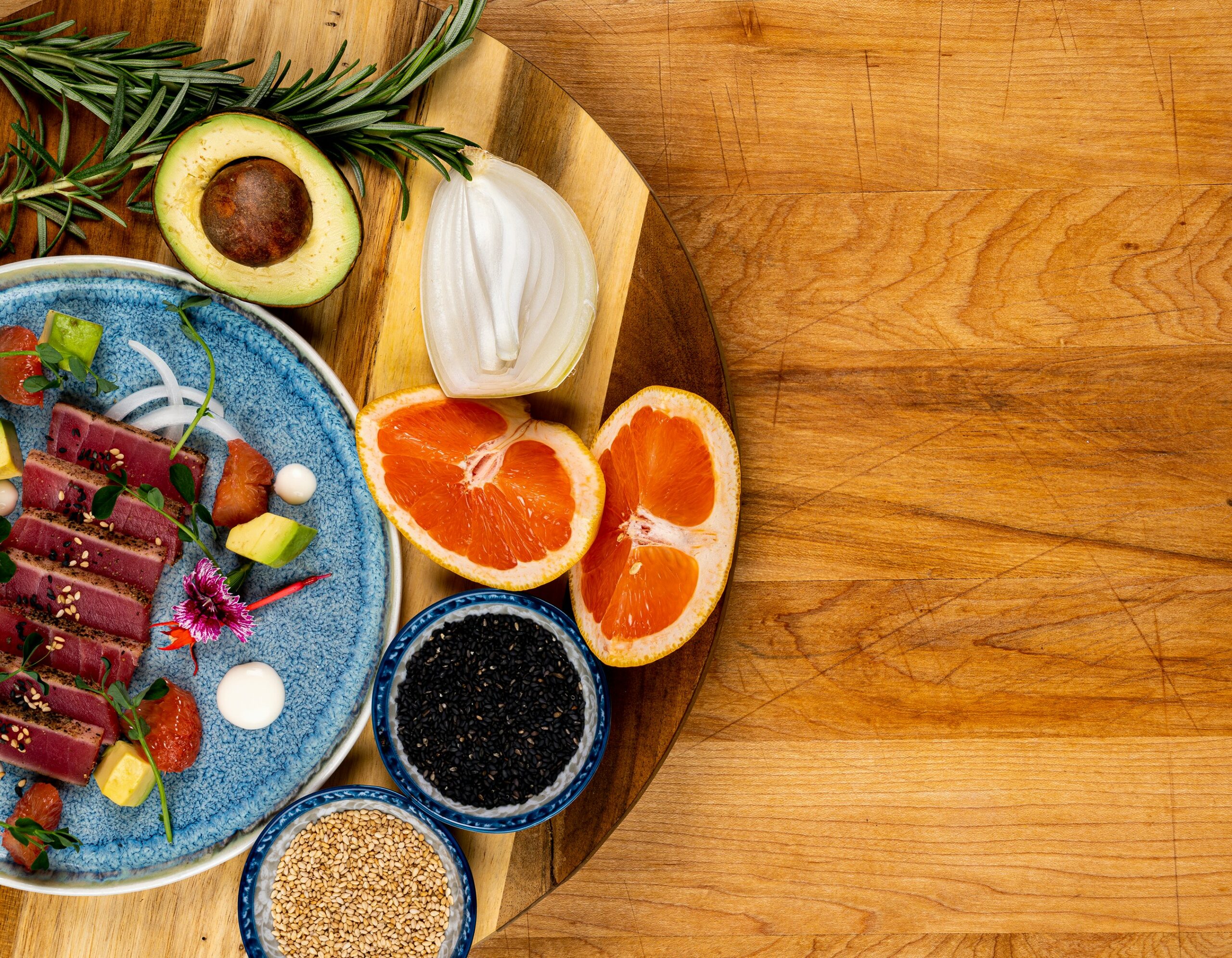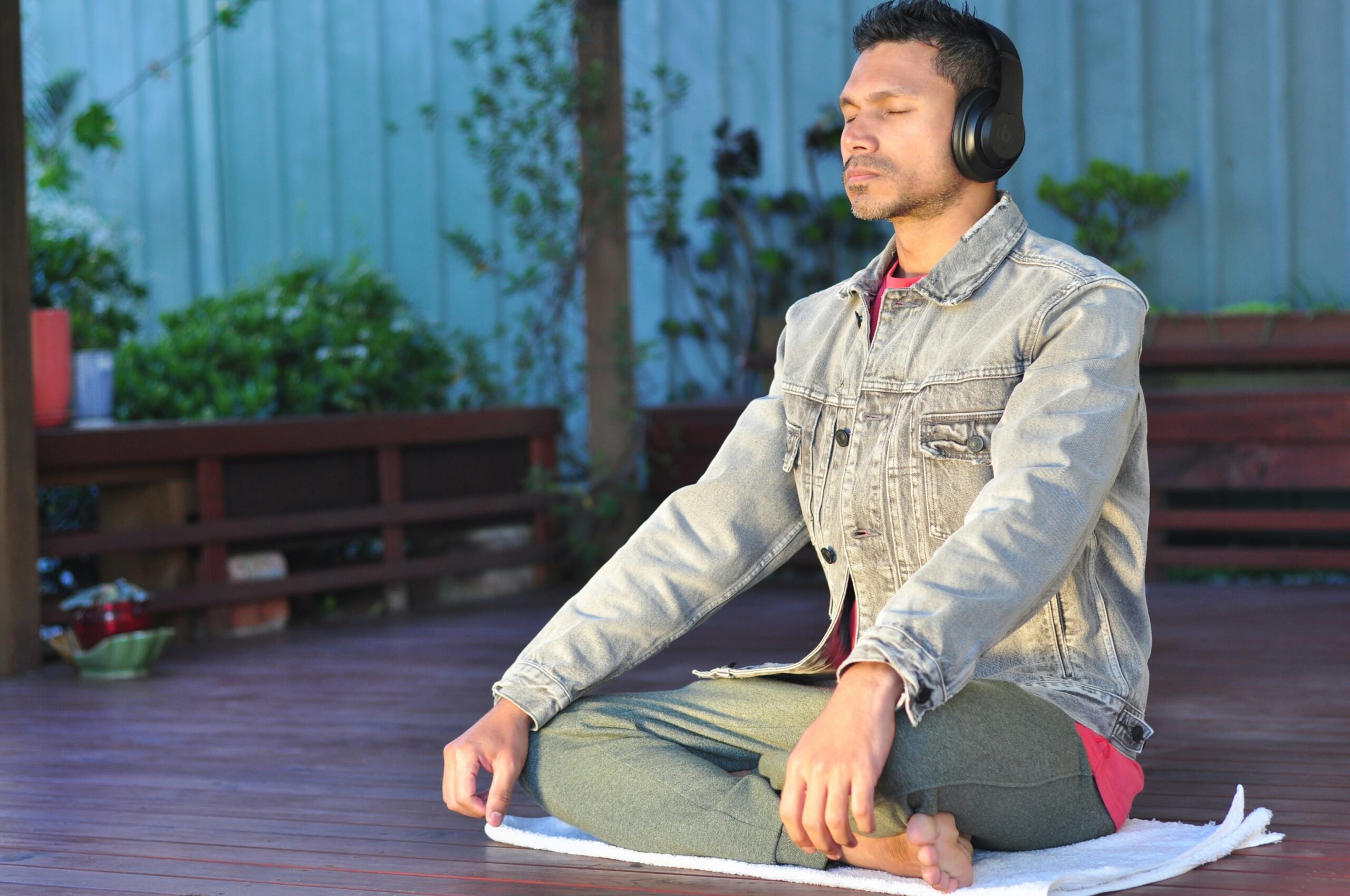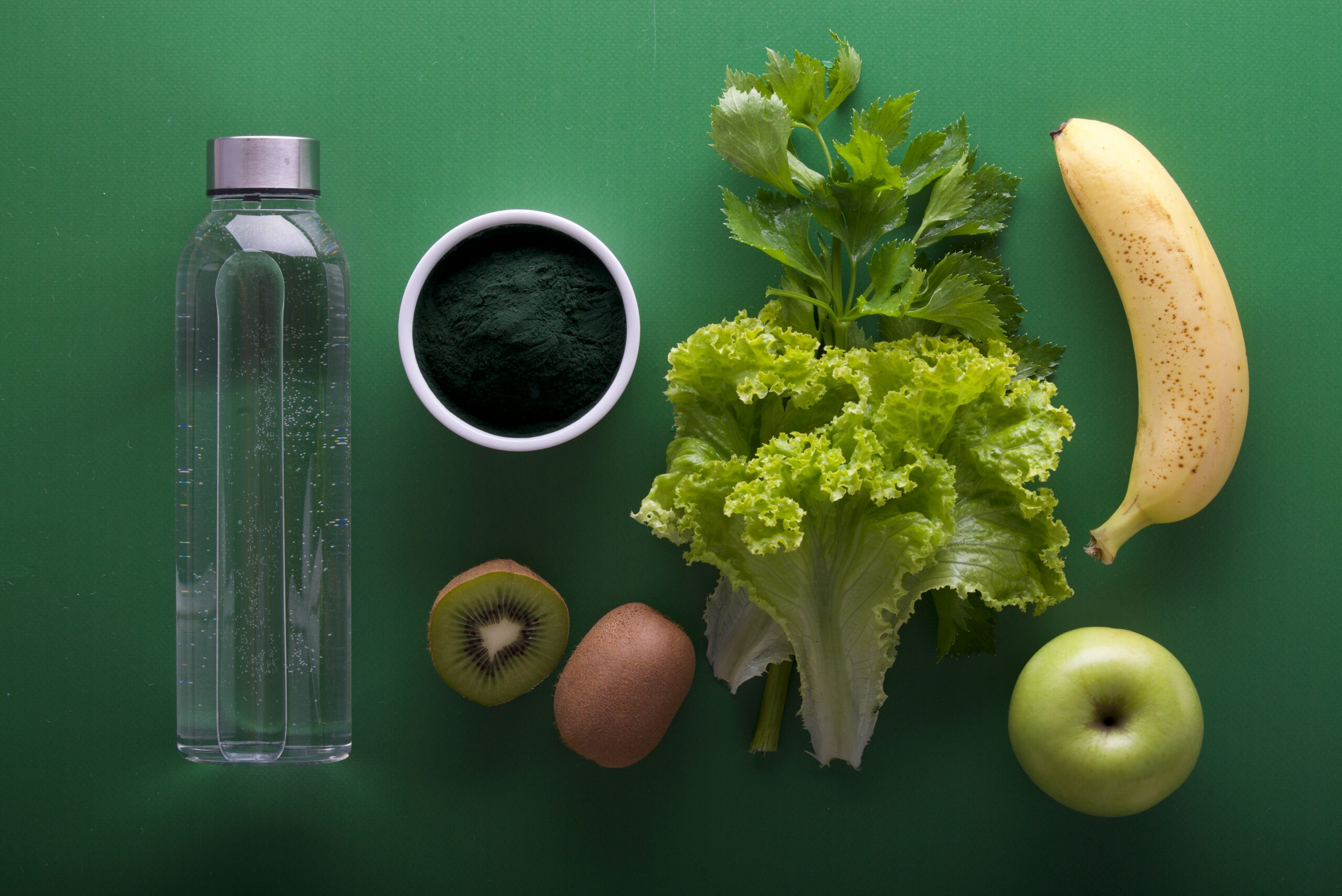Health Risks: 4 Modern Habits That Are Secretly Destroying Your Well-Being

We live in a time of unique convenience. Technology adds us to continents, information is at our fingertips, and daily tasks are becoming increasingly automated. Still, there is a contradiction in this comfort: There are many suitable designs to improve our lives, which reduce our goodness. We trade long-lasting health for short-term lightness, often without feeling.
It’s not about a clear villain like smoking or a poor diet. These are subtle habits, the background routine of modern life that we normally accept. They are cool supporters to overcome our physical and mental health at the same time. This is the time to bring them forward. There are four modern habits here that calmly hurt you.
Table of Contents
1. The Sedentary Siren Call: Perpetual Sitting
For millions of people, the daily rhythm is solved by the chair: traffic in a car, work at a desk, resting on a sofa. We have upset from our existence, and the cost of our health is astronomical. The sitting is called “the new smoking” and for a good reason.
Silent injury:
When you sit for a long time, your metabolism slows down. The body’s ability to regulate blood sugar and blood pressure, and enzymes responsible for breaking down harmful fat in the bloodstream, falls up to 90%. It’s not just about weight gain; It’s about systemic dysfunction. Chronic sitting is associated with a shocking increase in heart disease, type 2 diabetes, and some cancer risk. It compresses the spine, causes chronic back and neck pain, and weakens the core and gluteal muscles, which puts you at risk for future damage.
But the loss is not just physical. A sedentary lifestyle is an important contributor to anxiety and depression. The movement is not just mechanical; This is a biochemical interaction with your brain, which pumps oxygen and releases mood-enhancing endorphins. When that conversation stops, our mental health is in silence.
Antidote:
The goal is not to become a marathon runner overnight. This is to disturb the sedentary pattern. Invest in a standing desk or make a provisional one. Set a timer to get up and walk for five minutes every hour – to get water, make some stretches, or speed during a phone call. Squeeze “Training Nacks”: Take the stairs, far away, make some squats while waiting for your coffee. Again in
2. The Blue Light Glow: Digital Overstimulation Before Bed

The day ends, we climb into bed, and then we reach for our smartphones. This very last scroll through social media, our remaining take a look at of mail, is a catastrophic disruption to one of the pillars of human health: sleep.
The Silent Damage:
Our sleep cycles are ruled by a sensitive hormone referred to as melatonin. The blue light emitted by our phones, capsules, and laptops is uniquely powerful at suppressing melatonin. It tricks our primordial mind into thinking it is still sunlight hours.
The result is not just that it takes longer to go to sleep; the sleep you do get is shallower and much less restorative. This lack of good sleep is a silent crisis for public fitness. It impairs cognitive characteristics, reminiscence, and awareness. It weakens your immune system, making you extra prone to each passing bloodless. It dysregulates hormones that manage appetite, often leading to weight gain. Crucially, it is directly related to an expanded danger of melancholy and anxiety. Your mind needs the darkish to repair itself; the blue light glow is stealing that vital recovery time.
The Antidote:
Declare your bedroom a screen-unfastened sanctuary. Charge your cellphone in every other room. The one hour before bed needs to be a digital sunset. Instead of scrolling, strive to read a physical e-book, practise gentle meditation, journaling, or have a real conversation with your partner. If you need to use a tool, enable nighttime mode settings that lessen blue light emission numerous hours earlier than bedtime. Protecting your sleep is one of the most important investments you may make for your fitness.
3. The Hyper-Processed Diet: The Slow Poison on Every Shelf

Walk down any grocery store aisle, and you are surrounded by edible food-like materials. Hyper-processed meals—loaded with refined sugars, unhealthy fat, sodium, and artificial additives—have become the default food regimen for many. They are convenient, reasonably priced, and engineered to be irresistible; however, they may be basically incompatible with human fitness.
The Silent Damage:
This merchandise is designed for overconsumption. They bypass your frame’s herbal satiety alerts, leading you to devour more energy than you need whilst presenting minimum nutritional value. This is an immediate driving force of the obesity epidemic, but the harm goes a way beyond the scale.
A weight loss program high in processed ingredients creates persistent inflammation—a key underlying element in surely every essential modern ailment. It ravages your gut health, unfavourably affecting the microbiome, which is critical for digestion, immunity, and even intellectual well-being. It wreaks havoc on metabolic health, leading to insulin resistance, which is the precursor to type 2 diabetes. It contributes to high blood pressure and unhealthy cholesterol levels, paving the road to heart disease. You are quite literally ravenous for the vitamins it desires to thrive, as flooding it with substances that cause harm.
The Antidote:
Shift your recognition from “convenience” to “nourishment.” You do not need to be a perfect chef. Start by adding, not subtracting. Add more complete meals to each meal: a handful of spinach on your smoothie, an apple with your lunch, and a few roasted greens with dinner. Cook one greater meal at home each week than you normally would. Learn to read labels; if a product has an extended listing of unpronounceable elements, it’s probable no longer assisting your health. Remember, food is records; pick messages that tell your frame to heal, not to inflame.
4. The Comparison Trap: The Curated Reality of Social Media
This habit is probably the most insidious because it directly attacks our mental health, often under the cover of compounds. Social media platforms are not neutral places; They highlight the wheels, the curated gallery of everyone’s best moments, achievements, and filtered realities.
Silent injury:
Constant contact with these perverse representations of life is known as “comparison and despair”. We pile up our back scenes, find ourselves in reality, and mainly in everyone’s spotlight. It deletes confidence and cultivates feelings of anxiety, uncertainty, and loneliness. It can distort the image of the body and the goals of life, so we feel that we are always behind.
This digital environment encourages Fomo (fear of missing out) and permanent distraction, pulls us out of the moment and prevents us from delving deeply into our lives. The discovery of external verification through choices and comments is a poor choice for real self-values and can be devastating for our mental and emotional health. The pressure to create and present an ideal life online is a modern stress with real consequences.
Antidote:
Practice conscious consumption. The audit you follow. Unfoline accounts that make you feel inadequate and fill your power with people who inspire, educate, or really entertain you. Set hard limits: Nominer phone -free time during the day, and of course, one day a week. Remember that the connection is not the same as connection. Priority to face-to-face interactions, which is fundamental to human health and happiness. The most important thing is that you actively cultivate your real life. Invest time in your hobbies, your relationships, and your personal development. Rich your offline life, minor drinks
5. Reclaiming Your Well-being
These four habits are woven into modern life, but they are not irreversible laws. Consciousness is the first and most powerful step. By identifying these silent undertones, you can start making small, consistent choices to remove them.
Your health is not a destination, but a cumulative result of daily practice. It is designed in moments you choose to stand, disconnect, eat whole foods, log off, and live. It is about acting as a quiet loss of convenience for the discovery of life, lively, sometimes less practical. Start today. Your future will thank you for this.
1. What are some common modern habits that negatively affect health?
Sedentary screen time, poor sleep hygiene, constant digital connectivity, and ultra-processed food consumption are four widespread habits silently undermining physical and mental well-being.
2. How does excessive screen time impact health?
Prolonged screen use can lead to digital eye strain, disrupted sleep cycles, reduced physical activity, and increased risk of anxiety and depression.
3. Can small changes really reduce these health risks?
Yes! Simple adjustments—like taking regular movement breaks, setting screen curfews, prioritizing whole foods, and practicing digital detoxes—can significantly improve long-term health outcomes.










